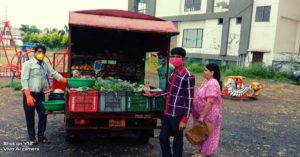Determined Municipal Official Makes Maharashtra Town Waste-Free In 4 Months!
Honoured with many national and international awards, Ramdas Kokare has helped three Maharashtra towns use waste to generate revenue, produce electricity and make roads! #Respect #RealLifeHero
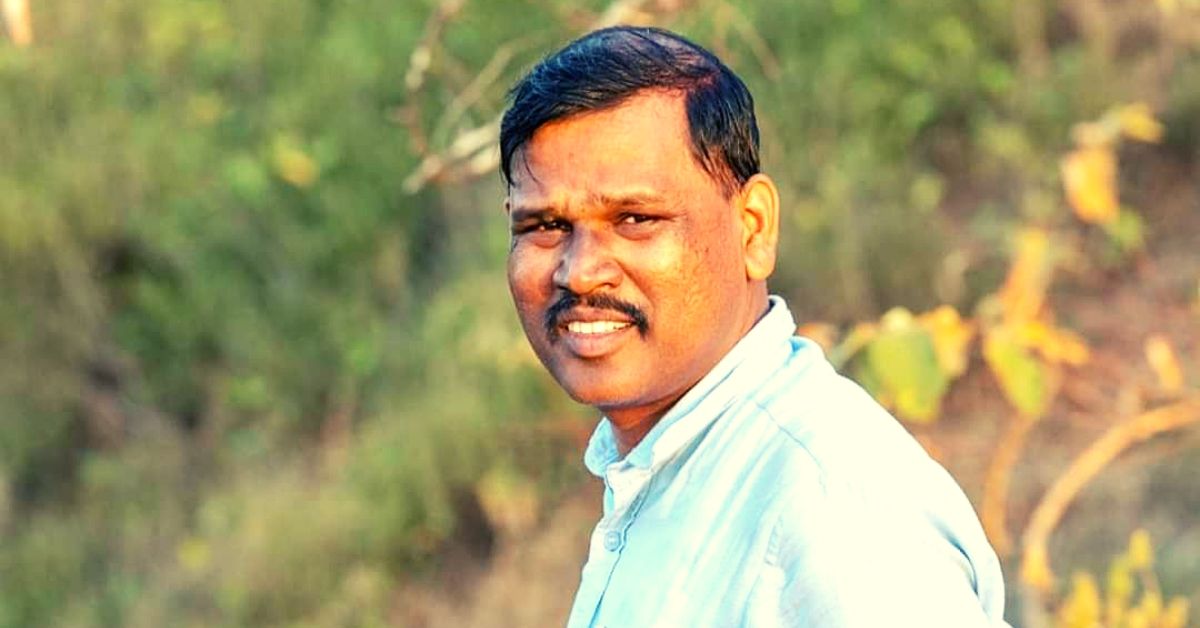
Heaps of garbage, toxic smells, flocks of birds hovering in the sky and waste pickers rummaging through the mulch; this is the picture that generally comes to my mind when I can think of a landfill in India. This is true in most cases, and being part of the age of cynics, I knew nothing could ever be different.
This was until I learnt about the trenching ground in Vengurla taluka in Sindhudurg district of Maharashtra.
This landfill named as ‘Swachh Bharat Waste Park’ was transformed into a beautiful tourist attraction in 2015. It comprises of a lush green garden, plastic crushing unit, a biogas plant, a briquette-making plant and a segregation yard.
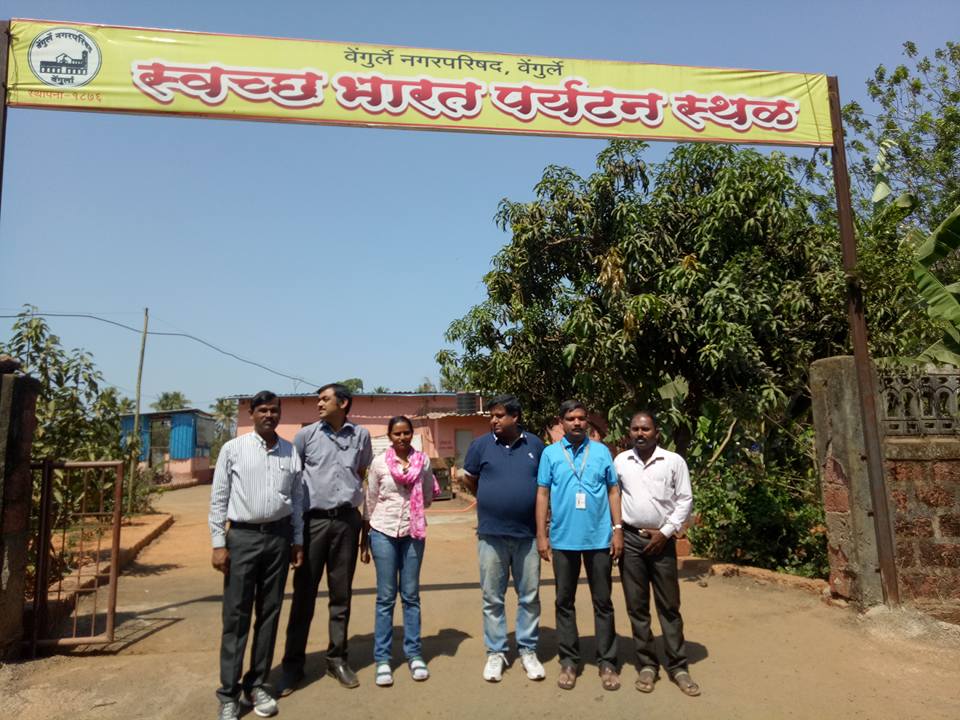
The one-of-its-kind Park witnesses lakhs of visitors every year which has been one of the reasons why the Centre and State have conferred upon the town awards like Best Municipal Council, Clean City, and Sindhudurg Bhushan, among others.
However, the picturesque Park was once in shambles and locals residing nearby would often fall ill from inhaling the toxic gases of the waste.
Meet Ramdas Kokare, the then Chief Officer of Vengurla Municipality, who is the force behind changing the definition of a dumpyard in less than a year.

Speaking to The Better India (TBI), Kokare says,
Waste is never a problem, it is the mixed waste that is responsible for environmental degradation. The way we discard our waste is also responsible for global warming. The simplest way to solve this crisis is segregation.
It was while reading Rachel Carson’s Silent Spring, that Kokare he learnt about the repercussions of reckless dumping, “The book documents the adverse environmental effects caused by the indiscriminate use of pesticides. I decided to use my authority to bring a change.”
In 2010, Kokare started his battle with waste and made Dapoli town in Ratanagiri plastic-free. He banned plastic carry bags with thickness less than 50 microns, and replaced them with paper bags. Meanwhile, he directed the municipal body to segregate dry waste further and process it.
Kokare even procured a machine to crush the plastic waste into granules to be used in road construction.
He modified his Shunya Kachra Abhiyan (Zero Waste Movement) when he was posted in Vengurla in 2014. He made the town zero waste and he further implemented the successful model in Karjat and Matheran.
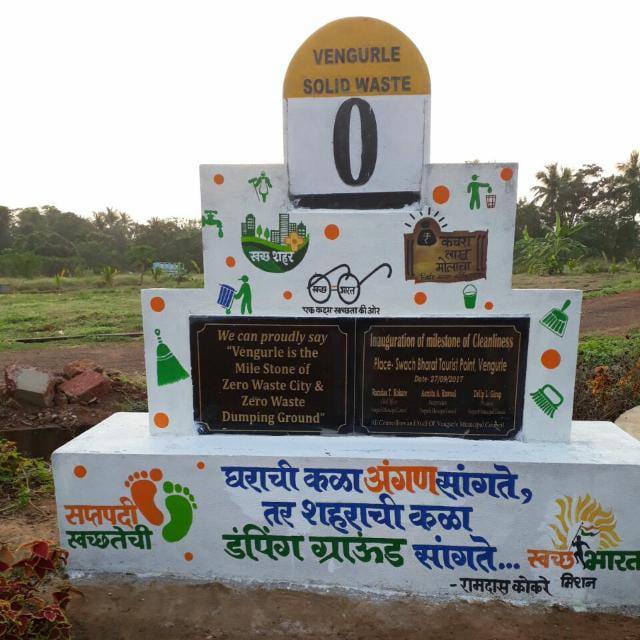
More than 30 cities, mahanagar palikas, gram panchayats across Maharashtra are either currently studying or have adopted Kokare’s model.
Understanding & Treatment of The Problems In Vengurla
The municipal trucks lifting the garbage from people’s houses were irregular, and there was no fixed time and day when the trucks would come. This was due to insufficient manpower and vehicles available.
The residents would, thus, recklessly dump their waste in undesignated areas and the plastic waste choked up the creeks and beaches. The unrestricted dumping of waste on the beach was also a threat to the Olive Ridley turtle eggs.
In June 2015, Vengurla Municipal Council (VMC) launched a public outreach programme to spread awareness. Several local NGOs, Self-Help Groups (SHGs) and students joined in.
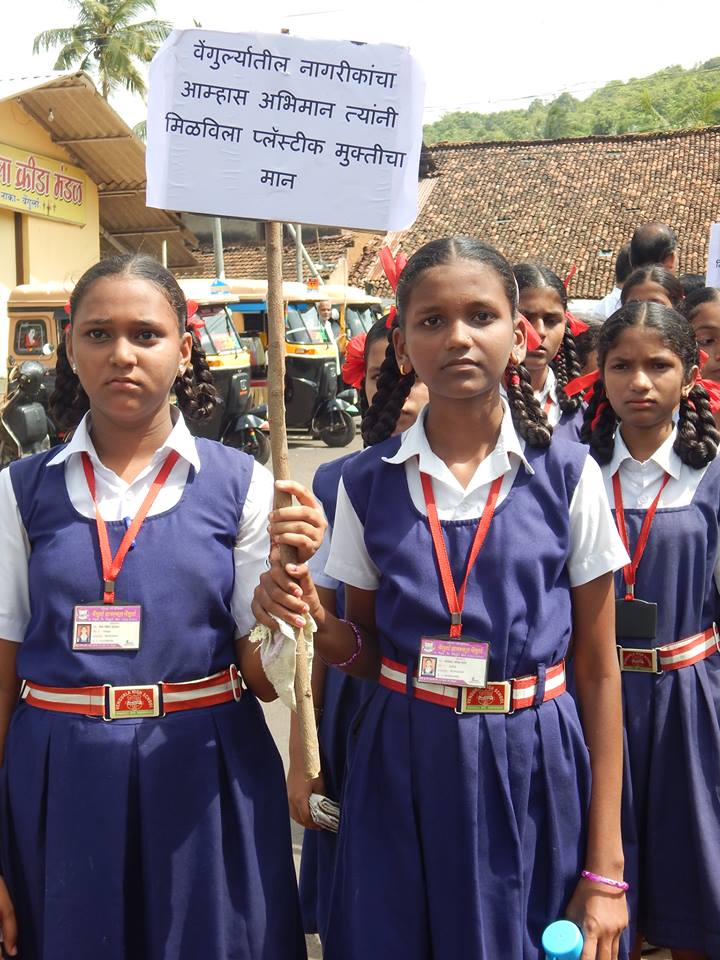
Like in Dapoli, Kokare imposed a ban on single-use plastic items. To start with, the VMC asked the vendors and shopkeepers to stop using plastic for about an hour every day. With time, the Council increased the hours until everyone stopped giving plastic bags completely.
Kokare ordered the VMC officials to not bring any plastic items inside the government building premises.
The Council also worked to increase the number of waste-picking vehicles, with all of them equipped with bells that served as a reminder to people. Kokare also used the power of the social media and uploaded route maps of the trucks for people to track.
VMC ordered the municipal collectors to lift garbage six days a week and Kokare himself supervised the staff. There was no room for error.
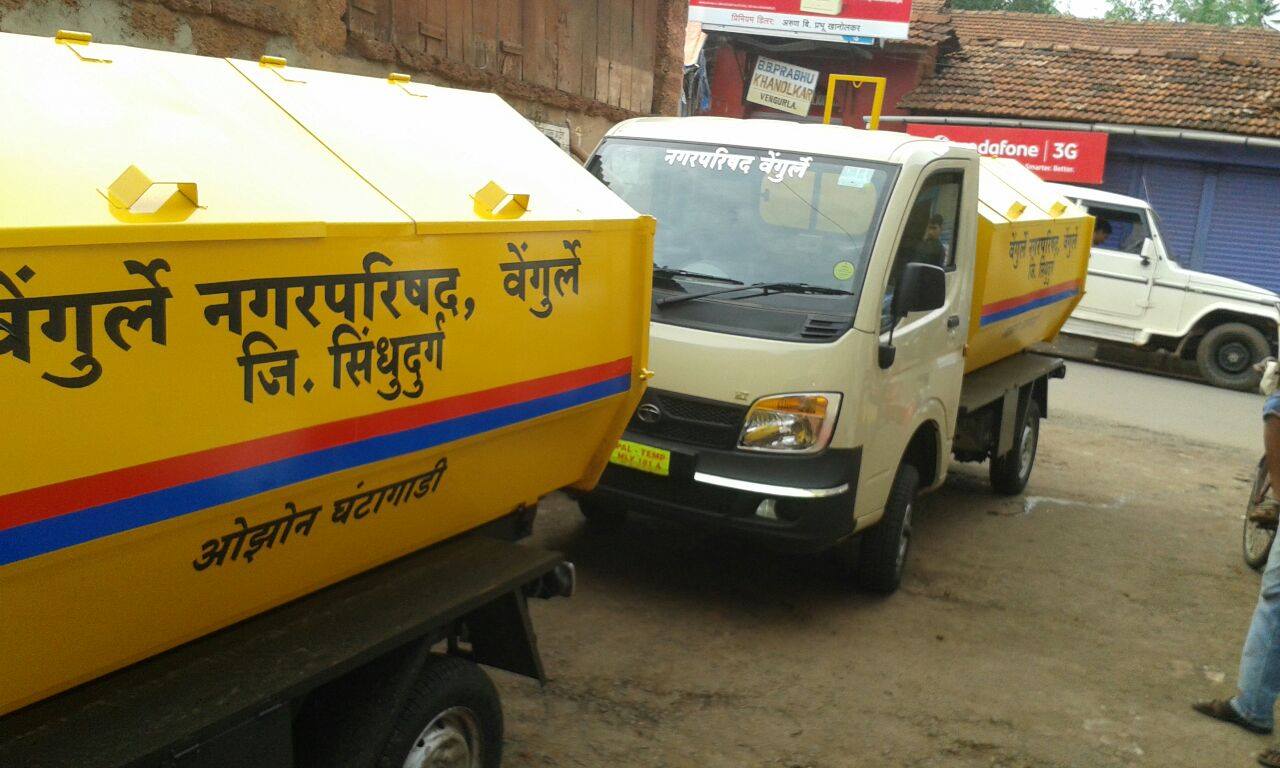
The residents, under VMC instructions, segregated the waste into four fractions – plastic waste, wet or kitchen waste, dry waste including paper, cardboard, tetra packs, rubber, cloth, leaf waste, dead wood and metals and glass including glass bottles, aluminum, iron and tin.
Every household was mandated to have a bin allocated for wet waste. Wet and sanitary waste would be collected every day. Everyday generation of dry waste is less compared to wet waste. We designated days for dry waste. For example on Friday, we got only plastic waste collected, says Kokare.
Kokare helped create a toll free number and WhatsApp groups to hear people’s grievances and complaints regarding waste collection, open drains, and littering woes among others.
The officials also levied a fine of Rs 500 on citizens and officials if they failed to abide by the waste management rules.
Around 20 sanitation workers were deployed at the landfill to further segregate dry waste into 36 categories.
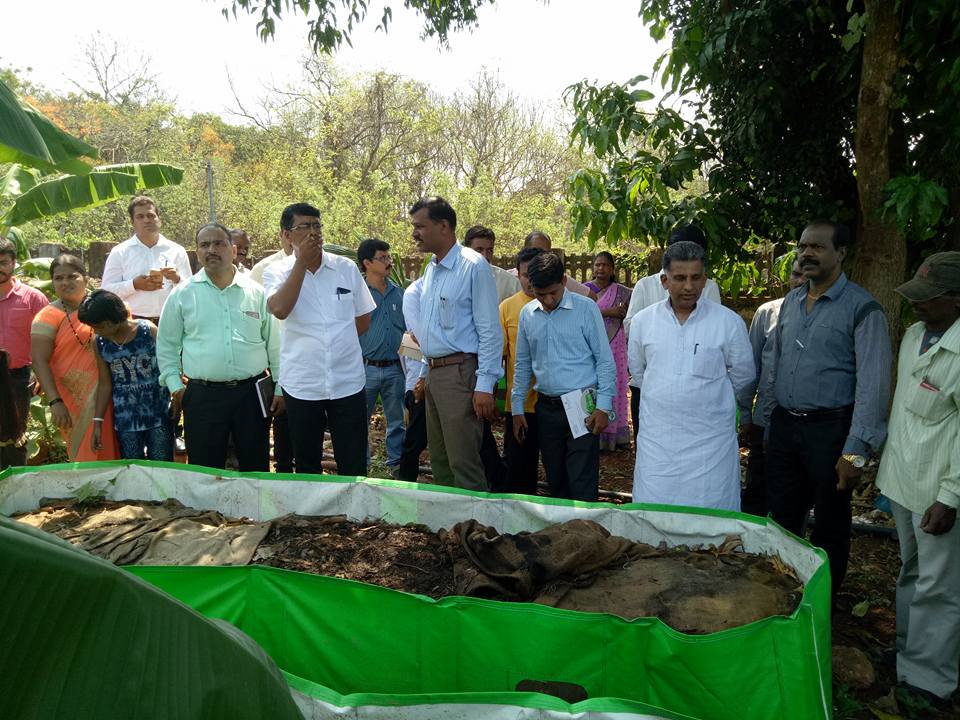
The United Nation Development Programme (UNDP) provided a plastic crushing machine. The shredded plastic is utilised in road development. Glass and metal is collected separately at source and stored at the dumping site which then is sold to vendors. The remaining fraction of dry waste, i.e. paper, cardboard and leaf waste is processed in the briquetting machine.
A bio-methanation plant processed the wet waste. It converts around 1.5 tonnes of waste daily into methane that supplies 30 units of electricity. This powers the machines used on the dumping ground.
The slurry and compost generated is used in the waste Park and is also available at Swachh Bharat tourist point to promote Organic Kitchen Gardening.
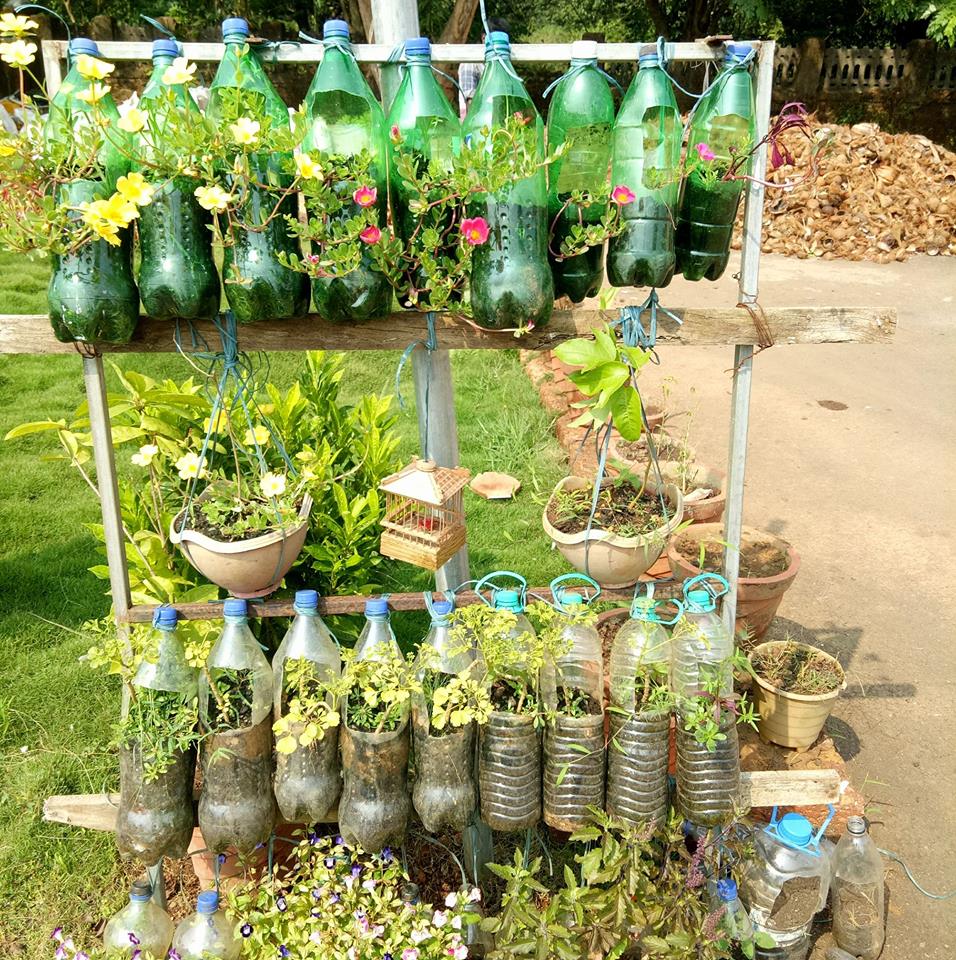
By October, all the 5,333 households started practicing waste segregation. The government and corporates (CSR activities) cost invested just a little above one crore in this model. However, the VMC is now recovering the cost by selling dry waste and saving up on road construction!
After the town went zero-waste, the VMC started collecting waste from adjoining areas including Pingoli Gram Panchayat and beaches of Sindhudurg district.
According to Kokare, VMC is the first municipal council in Maharashtra to successfully implement four way segregation concept.
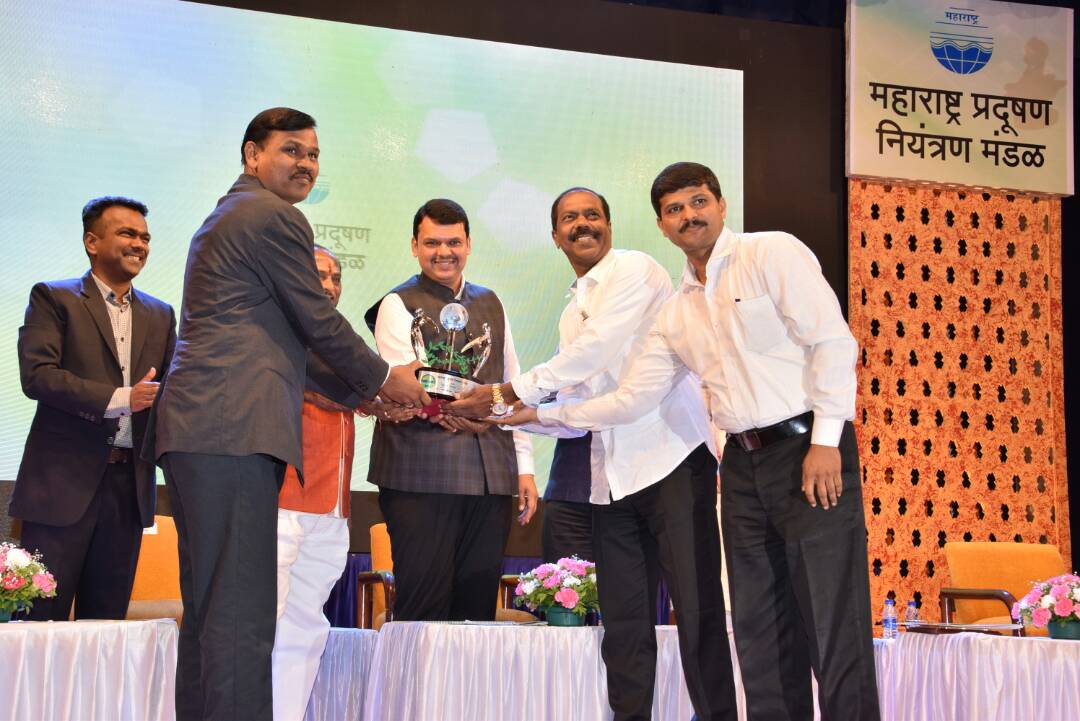
In 2018, when he was transferred to Karjat, he replicated the Matheran model there in the same year. Both the dumping grounds-turned-waste-parks get hundreds of visitors every month.
Besides receiving several accolades for his efforts, the Kirloskar Vasundhara International Film Festival (KVIFF) that screens films on environment too lauded the efforts of Kokare.
One Zero Zero, an eight-minute film covering the success story of Ramdas Kokare was also screened in the festival.
Also Read: Inspiring! How a Tiny Naga Village Became Tobacco, Plastic and Waste Free
(Edited by Saiqua Sultan)
Like this story? Or have something to share?
Write to us: [email protected]
Connect with us on Facebook and Twitter.
If you found our stories insightful, informative, or even just enjoyable, we invite you to consider making a voluntary payment to support the work we do at The Better India. Your contribution helps us continue producing quality content that educates, inspires, and drives positive change.
Choose one of the payment options below for your contribution-
By paying for the stories you value, you directly contribute to sustaining our efforts focused on making a difference in the world. Together, let's ensure that impactful stories continue to be told and shared, enriching lives and communities alike.
Thank you for your support. Here are some frequently asked questions you might find helpful to know why you are contributing?


This story made me
-
97
-
121
-
89
-
167




